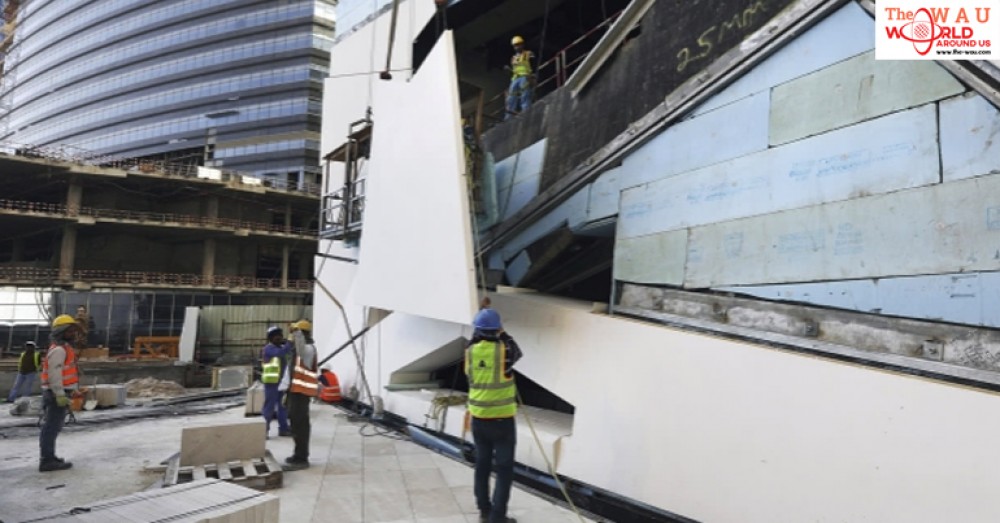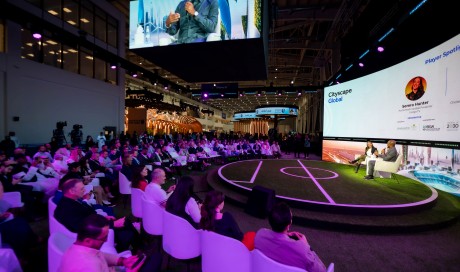EVER since the local laundrette replaced its Asian workers with Saudis, his Parisian silk shirts have come back as nylon cast-offs, says a lawyer in Saudi Arabia. The new hire at his chemist, a bashful Saudi girl, shies from his request to spray colognes on his hand. He himself has hired four Saudi lawyers in order to comply with the kingdom’s drive to replace foreigners with Saudis. They are useless, he says.
“Labour pains,” tuts Ahmed Kattan, the deputy labour minister. As part of Crown Prince Muhammad bin Salman’s “Saudisation” efforts, Mr Kattan has slapped monthly levies on migrants (based on the size of their families) and the Saudis who hire them. He has also barred foreigners from 12 sectors of the economy, including baking and optometry. The scheme, he says, will reduce the kingdom’s dependence on about 8m predominantly unskilled foreigners, who far outnumber Saudi workers. He reckons this will cut Saudi Arabia’s jobless rate to 10% by 2022 (from around 13% today), get more women into work and encourage automation.
Finding jobs for young Saudis—around half of whom are unemployed—is critical for Prince Muhammad, who is the power behind the throne. Having taken on the kingdom’s clerics, by loosening social restrictions, and alienated other princes by consolidating power, he is more reliant on popular support than past Saudi rulers were. Easing dress codes and increasing entertainment has won him praise. Saudisation, it is hoped, will improve his subjects’ living standards, too.
But there are drawbacks, admits Mr Kattan. Many of the kingdom’s businesses rely on cheap labour. Rather than employ Saudis, who cost more and do less, around a third of firms may close, he says. Across the country, chambers of commerce groan at the potential contraction and beg for a respite, particularly since the economy fell into recession last year. “The government is passing on its political problems to the private sector,” gripes a businessman.
Once a tax-free El Dorado, where petrol was cheaper than water, the kingdom is becoming less attractive to foreign workers. Insurance and entry fees have increased. Utility bills are rising. To avoid the monthly levy, which doubles to 200 riyals ($53) per family member in July, many foreign workers are leaving. Officials expect 700,000 will go by 2020. Others reckon the total number leaving may be far higher, not least because the authorities have arrested over 800,000 illegal migrants since November (around 200,000 have been deported).
Saudisation “is probably a painful necessity”, says Steffen Hertog of the London School of Economics. If successful, the measures will narrow the pay gap between the bloated public sector, manned by Saudis, and the private sector, which is full of foreigners. Taxes on foreign workers should also raise $16bn in revenues by 2020, reducing the yawning budget deficit, says Mr Kattan.
There are some signs the plan is working. Female Saudi receptionists welcome pilgrims to Mecca’s hotels. Though they cannot yet drive, women are running rental-car agencies. Poorer Saudis are even trying their hand at manual labour, hitherto an exclusively foreign domain. Given the chance, many locals defy stereotypes that cast them as slothful and incompetent, some launderers notwithstanding. “Apologies for our shortcomings, we’re still new,” says a self-deprecating official.
Share This Post















